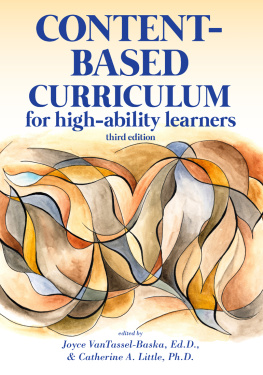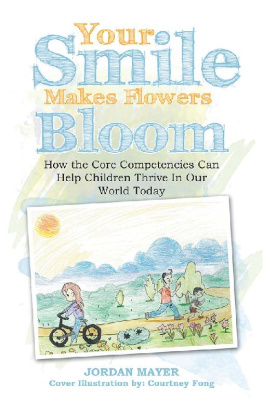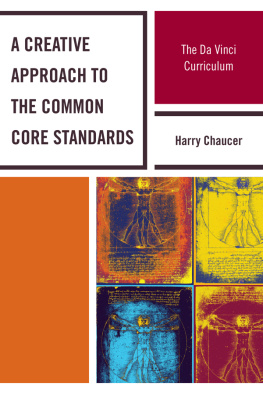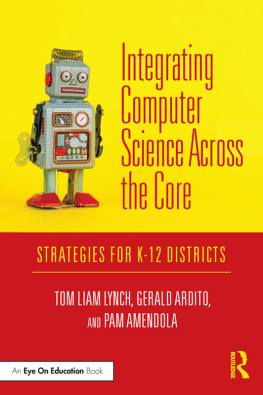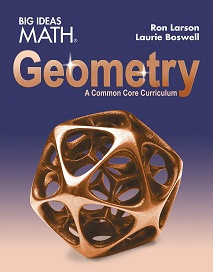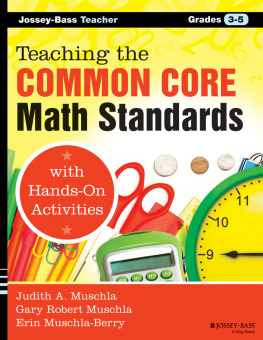Tod Papageorge - Core Curriculum: Tod Papageorge: Core Curriculum
Here you can read online Tod Papageorge - Core Curriculum: Tod Papageorge: Core Curriculum full text of the book (entire story) in english for free. Download pdf and epub, get meaning, cover and reviews about this ebook. year: 2014, publisher: Lightning Source Inc. (Tier 1), genre: Detective and thriller. Description of the work, (preface) as well as reviews are available. Best literature library LitArk.com created for fans of good reading and offers a wide selection of genres:
Romance novel
Science fiction
Adventure
Detective
Science
History
Home and family
Prose
Art
Politics
Computer
Non-fiction
Religion
Business
Children
Humor
Choose a favorite category and find really read worthwhile books. Enjoy immersion in the world of imagination, feel the emotions of the characters or learn something new for yourself, make an fascinating discovery.

- Book:Core Curriculum: Tod Papageorge: Core Curriculum
- Author:
- Publisher:Lightning Source Inc. (Tier 1)
- Genre:
- Year:2014
- Rating:4 / 5
- Favourites:Add to favourites
- Your mark:
- 80
- 1
- 2
- 3
- 4
- 5
Core Curriculum: Tod Papageorge: Core Curriculum: summary, description and annotation
We offer to read an annotation, description, summary or preface (depends on what the author of the book "Core Curriculum: Tod Papageorge: Core Curriculum" wrote himself). If you haven't found the necessary information about the book — write in the comments, we will try to find it.
Core Curriculum: Tod Papageorge: Core Curriculum — read online for free the complete book (whole text) full work
Below is the text of the book, divided by pages. System saving the place of the last page read, allows you to conveniently read the book "Core Curriculum: Tod Papageorge: Core Curriculum" online for free, without having to search again every time where you left off. Put a bookmark, and you can go to the page where you finished reading at any time.
Font size:
Interval:
Bookmark:

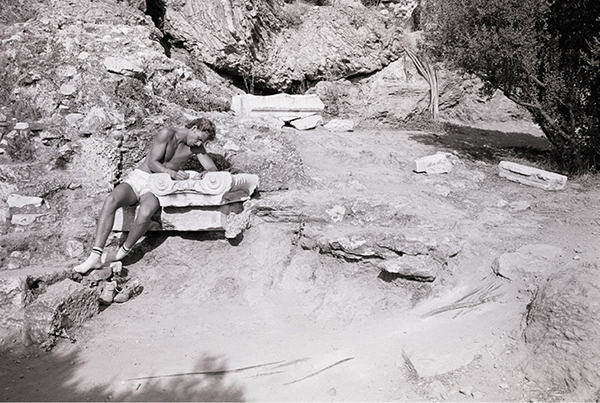

I wrote the earliest text in this book in 1974, just about half a life ago: Soon after accepting my first full-time position teaching photographya one-year visiting appointment at M.I.T.Jonathan Green, a colleague there, asked if I would contribute a short article to Aperture magazine (you may have heard of it) on the subject of the snapshot. After giving a lot of thought to it, I reluctantly agreed to try.
My credentials for the job seemed reasonable enough, given that Id graduated with a degree in English literature from the University of New Hampshire in 1962, and had been sufficiently excited at the time by Shakespeare, Frost, and friends (including the contemporary Robert Lowell and Sylvia Plath) to consider applying to the poetry wing of the Iowa Writers Workshop for graduate work. But my understanding of what was required to produce a publishable piece of prose, even a dozen years later, was limited to the movie reviews Id turned out weekly (or weakly) for the student newspaper during my last semester in schoola short paragraph per film, consisting of a string of five or six or even more puns and not much else. With that as a portfolio, to say nothing of my initial hesitation, I wasnt at all surprised when I found myself nursing a dull headache a couple of hours after first sitting down at a desk with a fistful of sharpened pencils and a notebook.
Despite this beginning, I struggled honorably enough, day after day, to get the thing done, but through it all, found myself just as doggedly casting about for the simple key that, I had increasingly come to imagine, would unlock the secret to writing prose and lead me to an eloquent, graceful piece of composition. This search consisted of little more than collecting a few observations on writing such as Thomas Manns backbreaking, A writer is someone for whom writing is difficult, but I remained optimistic, and, it seems now, possibly clinically delusional. It was as if I hoped to become a secret sharer with Molires M. Jourdain, who suddenly discovered that hed been speaking prose for forty years without knowing it, while I was actually experiencing the truth of Manns remark gnaw closer and closer to the bone as I filled one page after the next.
Inexperience played a part in this: the more Ive written, the (marginally) easier it is for me to write, but, at that point, my efforts had been typically limited to a few lines of poetry, abruptly broken off. As I saw it then, I had a special problem with writing, one as unique to me as my astigmatism, but effectively uncorrectable without the application of expensive, exotic care (i.e., hiring someone to write for me). This problem, which, more than anything else, led me from poetry to photography, resided in my reflexive, or hardwired, predisposition to build anything I wrote from the module of the single wordor, occasionally, the syllable (presumably the source of my aptitude for punning)rather than from the phrase or sentence or, unimaginable to me, the paragraph. It was as if I could find what I wanted to say only through a process of halting piecework, where the sound of the words seemed to direct the thought, keying it and then suggesting the next, not necessarily inevitable or logical, unfolding of it. Writing that essay, then, like many of the other texts in this book, was less a matter of undertaking a fairly straightforward prose journey from Maine to Mexico than putting together an intricate puzzle after painstakingly shaping each individual piece of it, one after the next.
Unsurprisingly, neither Mann nor Molire (or, for that matter, Maine or Mexico) appeared in a shower of light to guide me to the end of my assignment: I just stumbled through to the last sentence and turned the piece in. A bit later, as such things could happen then, I showed a copy of it to John Szarkowski (director of the Department of Photography at the Museum of Modern Art from 1962 to 1991), who read it with his feet crossed on his desk and a pipe at his mouth. Terrific! he finally said, after what seemed a long time (he was a careful reader); then, following a grand pause, and smiling over the pipe, But whats it about?
A year after that, in 1977, Szarkowski invited me to curate an exhibition of Garry Winogrands photographs at MoMA, a project that required me to produce a catalog essay. I had no idea whether Id be able to construct a prose argument, particularly a sustained one, for Winogrands photographs, but, once again, I plunged in, feeling even more hopeless about the probability of completing my assignment successfully than I had the year before. As I worked on the text, however, I discovered that I had observations to make about Winogrand and his photographs, and photography itself, which seemed to me new, even importantly new. This made the problem of articulating them especially demanding. For example, I found myself writing about the putative moral problem of photography, and was also put into a position where I finally had to describe in understandable language what I intuitively believed from the moment I first saw the two photographs made by Henri Cartier-Bresson that changed my life when I was still a student-poetthat, at their best, photography and poetry can share a near-blood relationship, a proposition easier to assert than to explain.
Whatever its problems, I can say that I learned more about how to write by completing the text on Winogrand than I did from any other piece included in this book. And, once it was published, it effectively confirmedif not in my own mind, then in the small world of photographic commentary and criticismmy place on the relatively short list of people who might have something useful to say about the medium. I quickly came to feel ambivalent about this for the reasons Ive tried to describe, but, as the simple, physical fact of Core Curriculum proves, not so ambivalent that I stopped writing.
Id moved to New York in October 1965, after nine months in southern Spain and Paris, where I had my first extended chance to travel and work with the Leica Id bought two years earlier in San Francisco: annus mirabilis, or miracle enough for me to concur with Herman Melville (whose birthday, like mine, is August 1, the very day Im writing this sentence) that from my twenty-fifth year I date my life.
Looking at it now forty-five years later, I seem to have arrived not in New York but a sprawling open-air theater where I had immediate and full rights to the stage, and where stepping out of my front door was enough to set an exhilarating new show into motionall at a time when the cost of film and rent and clothes and a bowl of rice didnt amount to a hill of beans. Thats my memory of it anyway, a memory flush with being in the streets with a camera, where I saw more, and thought and learned more, in the quick stream that was the next few years than I have ever since.
Most of this thought and learning was spurred by the run of landmark exhibitions of photography being steadily mounted during this period at the Museum of Modern Art, and the critical writings of the man responsible for them, John Szarkowski. Kertsz, Lange, Brassa, Evans, Cartier-Bresson, Arbus/Friedlander/Winogrand (), Atget, and on and on: straight photography straight up; the true thing; poetry caught in the pitch of the world!
Font size:
Interval:
Bookmark:
Similar books «Core Curriculum: Tod Papageorge: Core Curriculum»
Look at similar books to Core Curriculum: Tod Papageorge: Core Curriculum. We have selected literature similar in name and meaning in the hope of providing readers with more options to find new, interesting, not yet read works.
Discussion, reviews of the book Core Curriculum: Tod Papageorge: Core Curriculum and just readers' own opinions. Leave your comments, write what you think about the work, its meaning or the main characters. Specify what exactly you liked and what you didn't like, and why you think so.

